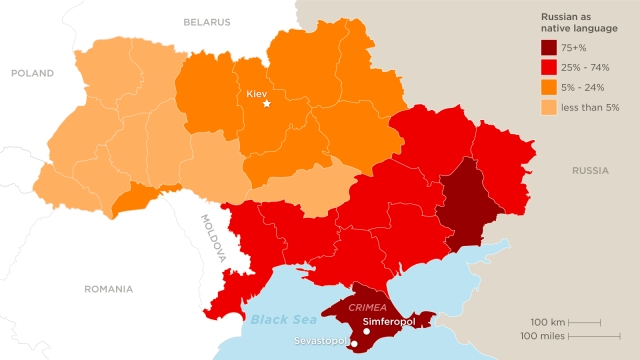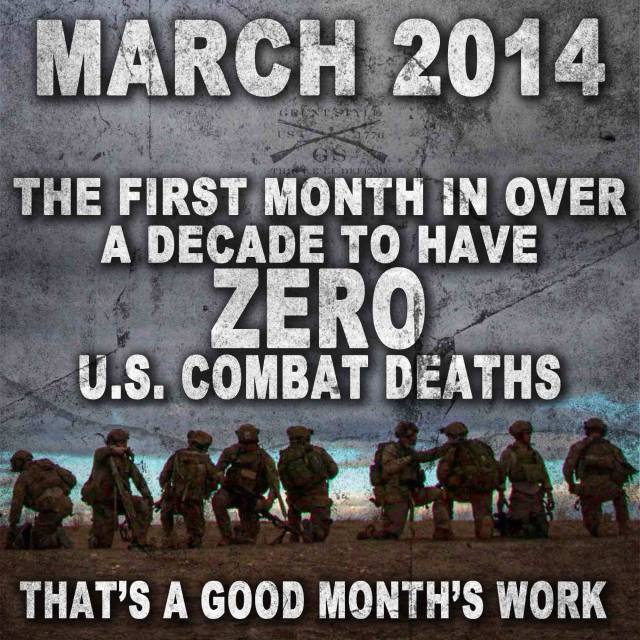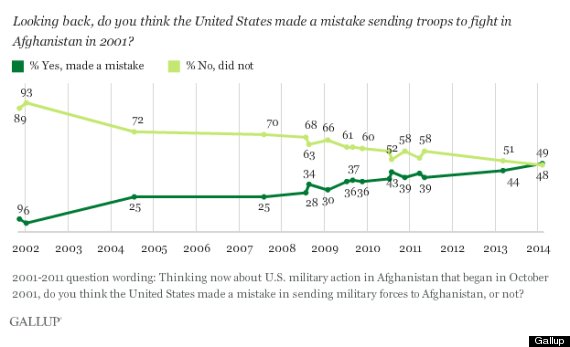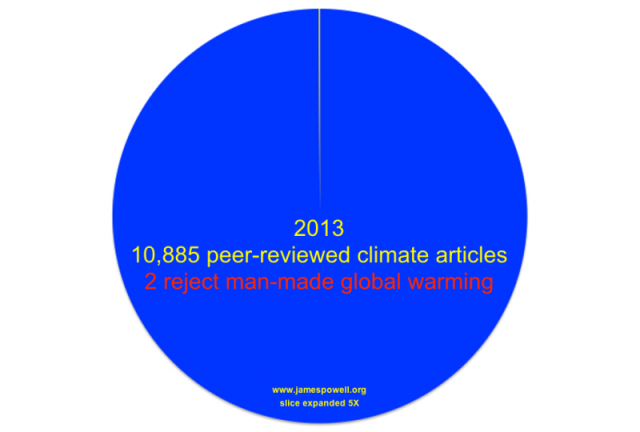These days, and perhaps it has always been this way, President Obama can do nothing to impress the ravenous denizens of Washington, aside from resigning. The latest issue plaguing the president is the rescue of Army Sergeant Bowe Bergdahl. Bergdahl was held prisoner by the Taliban in Afghanistan for five years, but through talks and a swap of prisoners, he was released back to his country. There are many questions left unanswered about this entire ordeal, but the main complaint is that President Obama negotiated with terrorists, which is a maxim that has become indoctrinated into the American psyche. As will be shown, this blanket statement is untrue, unwise, and unhelpful.
The return of a missing in action U.S. service member is normally a cause for celebration, but that celebration was short lived and Bergdahl has not become an American darling. According to notes sent home to his family, the young sergeant had become disillusioned with the war and questioned America’s involvement in it. What happened next is still undetermined, yet Bergdahl left his post, either on accident or on purpose. While this is a military crime, thinking he did not deserve rescuing for such a notion, goes against every utterance of “leave no man behind’. There is the fact that soldiers died looking for Bergdahl which is heartbreaking, but did he deserve to be left with his captors for such reasons?
Obama’s Balancing Act:
President Obama is consistently called weak by his opponents, yet when he makes a strong move to save an American citizen, he oversteps his boundaries. Obama doesn’t even live on a razor’s edge between right and wrong, because that would imply there is actually a middle ground, free from criticism. Bergdahl was also criticized for his negative views on America and the ‘War on Terror’. The fact that someone in a war, began to hate said war, is as common as soldier’s being afraid of dying. Bergdahl is protected by the sanctity of the first amendment, but because of what he said, he is somehow seen as a “bad” American.
The legal ramifications of Obama’s actions have been received as more troubling than his moral ones, however. Bergdahl was traded for five Taliban members who had been in Guantanamo Bay prison since 2001. This move is being heralded as irresponsible, since the terrorists were reintroduced to the wild and, of course, their next step is to bring revenge against Americans. While this may or may not be true, let’s make an educated bet that America can stop this threat. Regarding all the bravado that is American exceptionalism, politicians act scared whenever there is talk about enemies testing our defenses. America’s military, defense, domestic and international surveillance budgets are astronomically high, so let’s hope they are good enough to stop five washed up terrorists.
There is also the fact that Congress must be told about the removal of Guantanamo prisoners 30 days in advance. The White House apologized for going it alone, a bad precedent to set, but one that meant something will actually get done, since Congress would have shut it down immediately. That is, after all, the only thing they are good at these days. The major foil here is the almighty “the U.S. does not negotiate with terrorist” clause. At face value this seems like an easy mandate to follow, but why has this become the norm?
To Deal with Terrorist or Not To Deal with Terrorists:
The historical record shows that the American government has dealt with terrorists in the past to ensure the end of the Iranian hostage crisis as well as many other situations similar to the Bergdahl case. This clause is supposed to show how America is too strong and clear of concious to deal with such dirty enterprises, but this is an unhelpful sentiment. A good foreign policy means that all options are open because American safety is paramount. Time will tell if the President’s decision will cause any more danger, but the immediate results have made one American safer.
Another facet of this issue is the dulling of the warhawk’s notions that every enemy is completely evil. The Taliban are terrible, and have committed atrocities, but this small sign of decency adds a dash of humanity to their image and, for most Americans, it is a lot easier to fight monsters. The Taliban should not be off the hook for all they’ve done, though perhaps this swap has credited the smallest bit of goodwill that could blossom in the future.
It’s hard to call this a shrewd political move because of all the fallout, except President Obama did accomplish some political goals with the swap. The issue of the prison at Guantanamo Bay has been a sore reminder of failed initiatives that candidate Obama endorsed. Yet, Obama has lessened the amount of prisoners currently being held indefinitely, while saving an American soldier. If more deals like this could be made to end the human rights violation that is Gitmo Prison, while saving Americans abroad, the decision should be repeated. But in such a toxic political climate, this was probably the first and last time.
Bergdahl’s fellow soldiers call him a deserter and want him court martialed. Politicians on both sides of the aisle criticized the President’s decision to protect his citizens. Yet, an American’s life was saved. It’s sad that a scared young man, who has been through unspeakable hells, might have been better off in the clutches of terrorists instead of back in his country.



